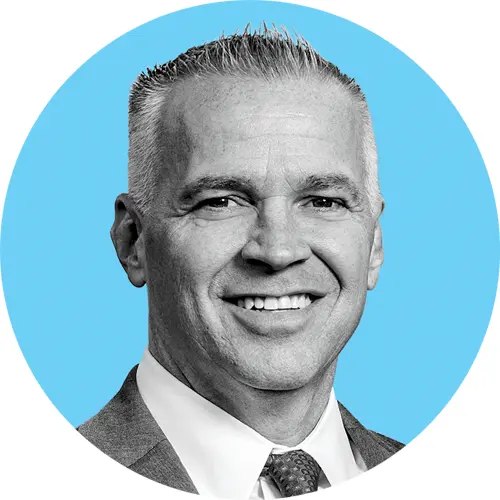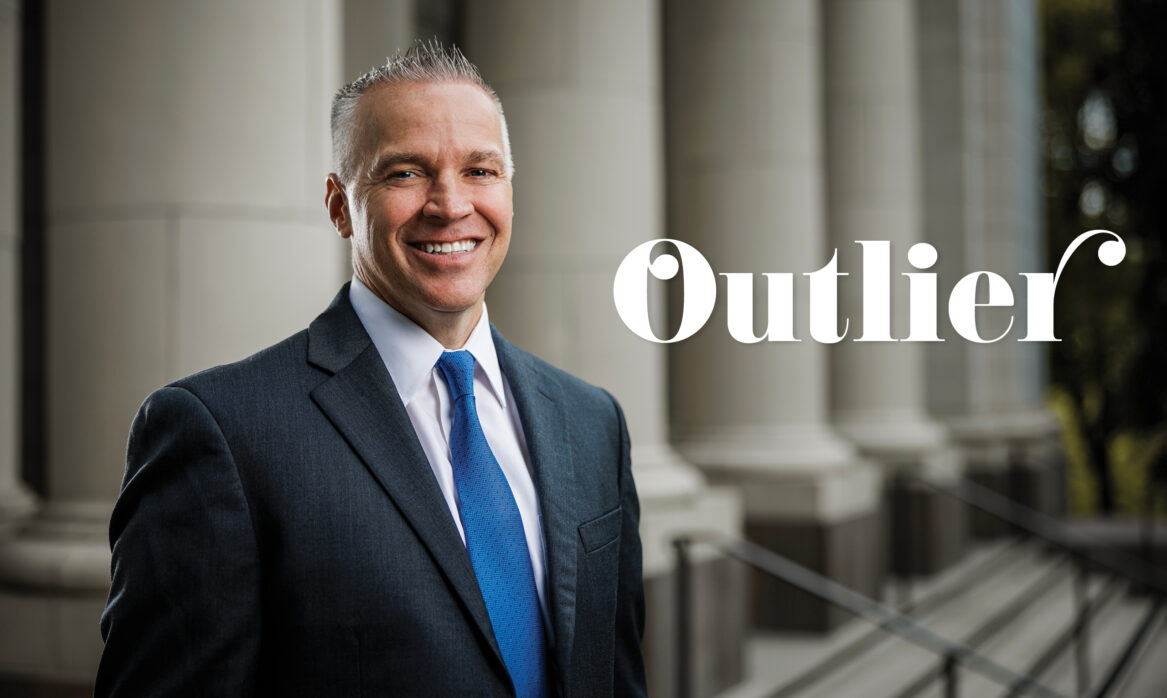Brigham Young University is called to be a light.

In his landmark “Second Century” address, President Spencer W. Kimball called on BYU to embrace its “double heritage” of spiritual and secular learning. He encouraged the campus community to be “bilingual” in the languages of the gospel and academia.¹
I’ve seen compelling examples of this from across campus with faculty, staff, students, and coaches in even the last year of being president.
It’s one thing to live that double heritage in private at BYU, but our charge is to stand for the religious mission of BYU no matter the setting. Not everything we do is going to demand the courage to be different. But there are defining moments when we must dare to stand for the restored gospel of Jesus Christ.
We will have to be deliberate. The absolute pull is for us not to look different. That’s why courage to be different is so vital.
For faculty, daring to be different may mean asking a different question in a research setting. I have seen many instances when using a gospel lens made a faculty member’s work better, filling a needed gap in the intellectual landscape. For people in communications or branding, it’s being willing to embrace the uniqueness of BYU in a public forum. I love our billboards that clearly and distinctly describe BYU as a place where we’re serious about our disciplines because we’re followers of Jesus Christ.
We’ve also seen this in athletic settings, where Cougs Care tailgate service projects exemplify the courage to be different. When BYU travels to play at other schools, we do it our own way—BYU Alumni joining with The Church of Jesus Christ of Latter-day Saints to serve people and worthwhile organizations. And in press conferences, coaches show courage to be different, saying, “We’re a distinctly religious university that wants to be as competitive as any other program. But we’re going to do it in a different way.”
Our students can lead out in how they communicate with others, such as on social media. In a time of contention, students can exhibit the courage to be different by building people up instead of tearing them down. Our students can lead out by accepting President Russell M. Nelson’s charge to be peacemakers—online and in person.
In all these areas, we won’t be successful despite our spiritual mission but rather precisely because of it. This can happen in normal and natural ways. It need not be forced. It should be and feel authentic. This is a critical part of developing the courage to be different.
So many institutions of higher education started with a connection to a church sponsorship but have gradually moved away from their spiritual moorings. To avoid that happening here, our incentives must ensure that we will maintain our distinctive nature. We will have to be deliberate. The absolute pull is for us not to look different. That’s why courage to be different is so vital.
It is something we will need to cultivate and develop in our students and employees. There’s a difference between “having” courage versus “developing” it. Sometimes it requires taking baby steps.
It is not an easy thing to be different, to stand alone at times. But Christ said His followers are to be a city on a hill, a city that cannot be hid. It’s what we are called to do.
NOTE
- See Spencer W. Kimball, “The Second Century of Brigham Young University,” BYU devotional address, Oct. 10, 1975.

C. Shane Reese is the president of Brigham Young University. This essay is adapted from a May 2024 Q&A with President Reese conducted by Aaron Sorenson.












